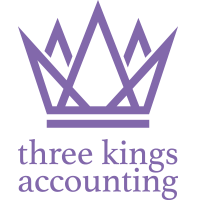We consider an optional system of fixed rate expenses which is available for some businesses.
The rules allow the use of a ‘simplified’ fixed rate deduction instead of actual costs paid or incurred. It is optional, but using fixed rates may reduce the need for some of the detailed record keeping and calculations necessary to support tax deductible expenses. The amount of the overall tax allowable deductions could be greater or smaller compared to an actual cost comparison depending on the business circumstances.
Am I eligible?
The use of fixed rates is available to anyone who is self-employed. Partnerships can also use them as long as all the members of the partnership are individuals.
What do the fixed rates apply to?
Principally they apply to the following:
- business mileage
- deductions for business use of home
- adjustments for private use of business premises
We consider the rules for calculating the fixed rates and when these are available.
Business mileage
Rather than claiming the actual deductions for purchasing, maintaining and running a motor vehicle or motorcycle, businesses can calculate allowable expenditure using a fixed rate based on mileage. The rates are:
| Cars and vans | |
| Up to 10,000 miles | 45p per mile |
| Over 10,000 miles | 25p per mile |
| Motorcycles | 24p per mile |
It is important to note that once the fixed rate is used for a particular vehicle, the same method must continue to be used for as long as the vehicle remains in the business. It will therefore be important to keep a detailed mileage log/diary. Additional business costs that are journey specific, such as parking fees and congestion charges will still need to be recorded and claimed. If capital allowances have been claimed the fixed rate cannot be used. Additionally, where for example a van has been claimed as an allowable payment under the cash basis, then the fixed rate cannot be used.
Business use of home
It is very common for self-employed individuals to work at least some of the time from home. Some tax relief is available if part of a home is used solely for the purpose of the business for a specified time. It is important however to ensure that part of the home is not exclusively used for business purposes unless absolutely necessary as this restricts the capital gains tax main residence exemption on the eventual sale of the home. Instead of recording actual costs on running a home (e.g. utilities, telephone and internet charges) and claiming a business proportion, a fixed rate deduction can be claimed. If you decide to adopt the fixed rate then the following rates apply:
| Number of hours worked per month | Allowable amount |
| 25 or more | £10 |
| 51 or more | £18 |
| 101 or more | £26 |
Hours worked is the number of hours spent wholly and exclusively on work done by yourself or an employee in your home wholly and exclusively for the purposes of the business. You can revert to actual costs in another year after choosing to use the fixed rate for one year.
Private use of business premises
If you use premises both as a home and as business premises (for example, a pub), the total expenses of the property need to be adjusted for private use. A fixed scale can be used to adjust for the private use which will increase taxable profits. Only premises which are used mainly for the purposes of carrying on a trade will qualify.
The fixed scale is as below and is for each month (or part month) falling within the period:
| Number of relevant occupants | Flat rate per month |
| 1 | £350 |
| 2 | £500 |
| 3 or more | £650 |
The ‘number of relevant occupants’ is based on how many people (including children) use the business premises each month (or part of a month) as a private home.
HMRC have advised that the flat rate includes all household goods and services, food and non-alcoholic drinks and utilities but not mortgage interest, rent, council tax or rates. This appears to make the rates above expensive add backs, as a further adjustment is therefore required for these other expenses.
How can we help
We would be happy to review whether claiming fixed rate expenses would be beneficial in your business circumstances so please do contact us.


